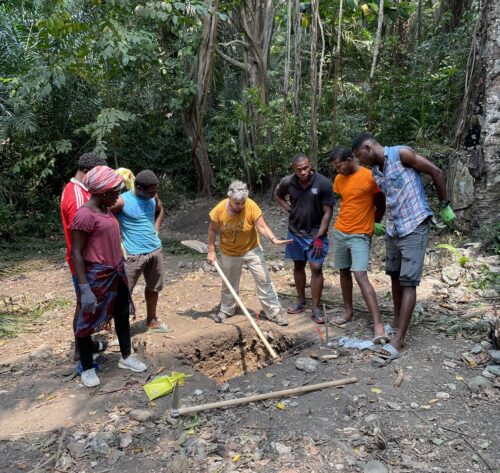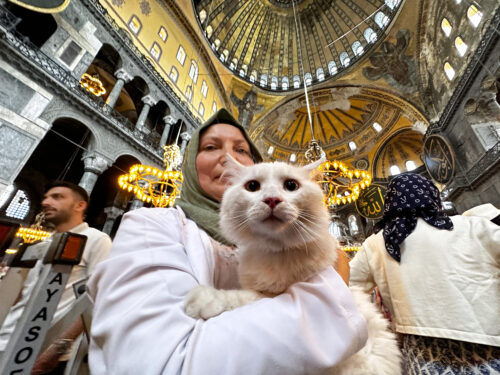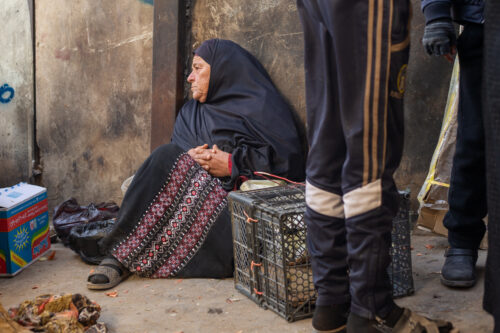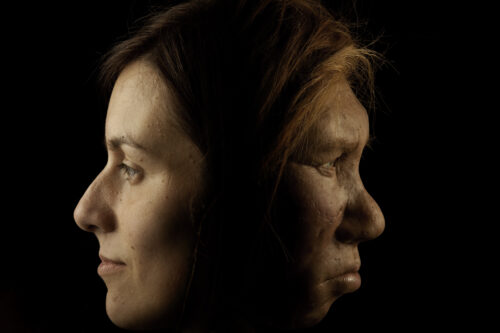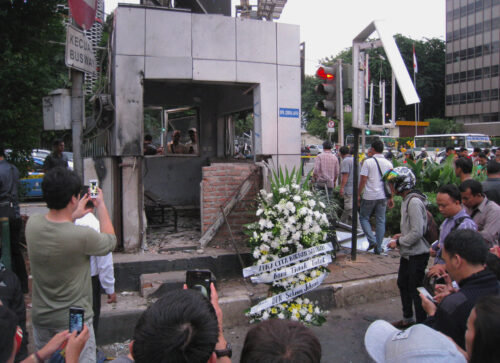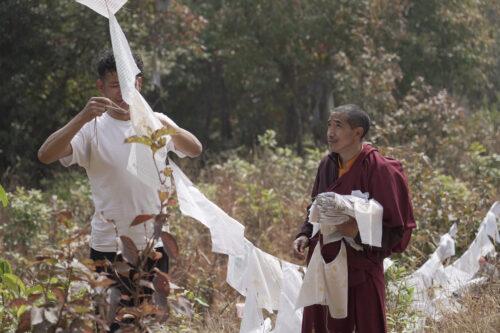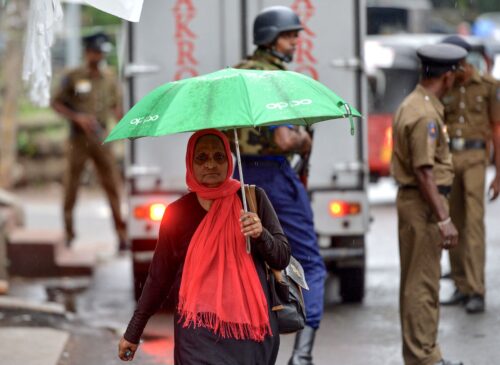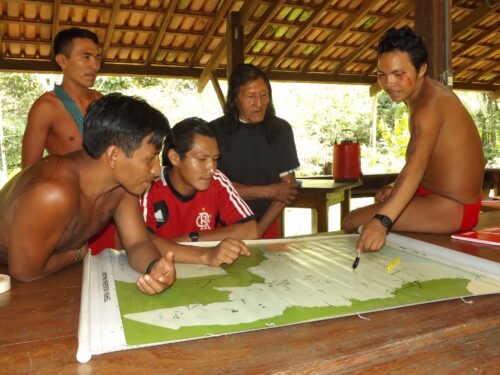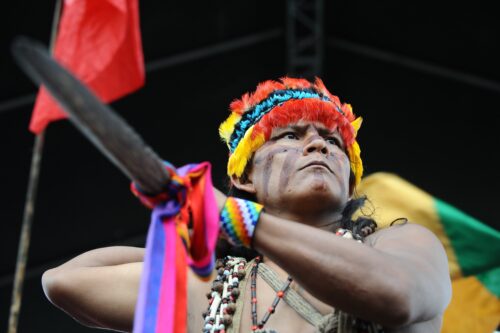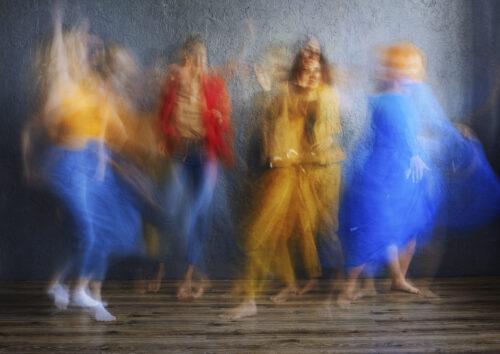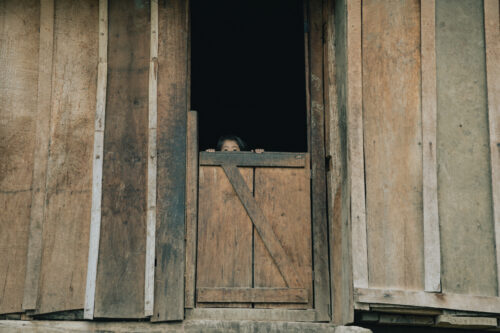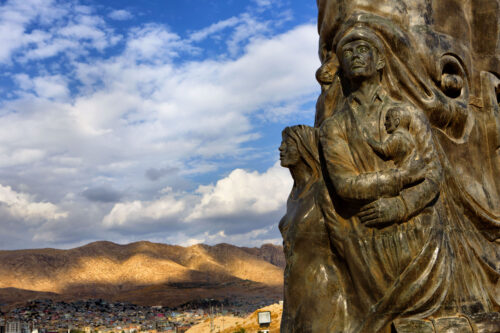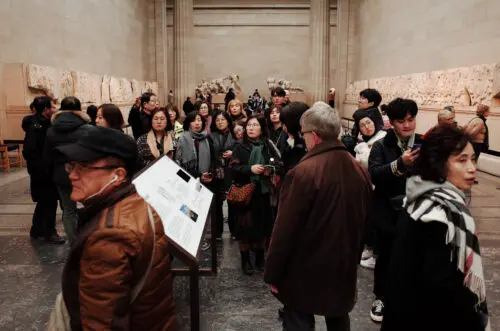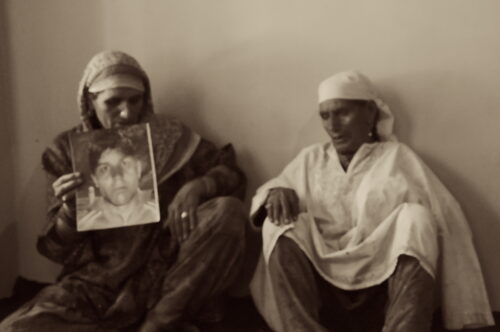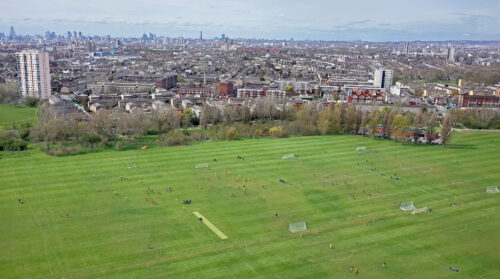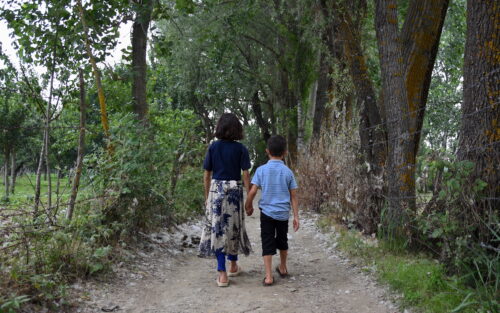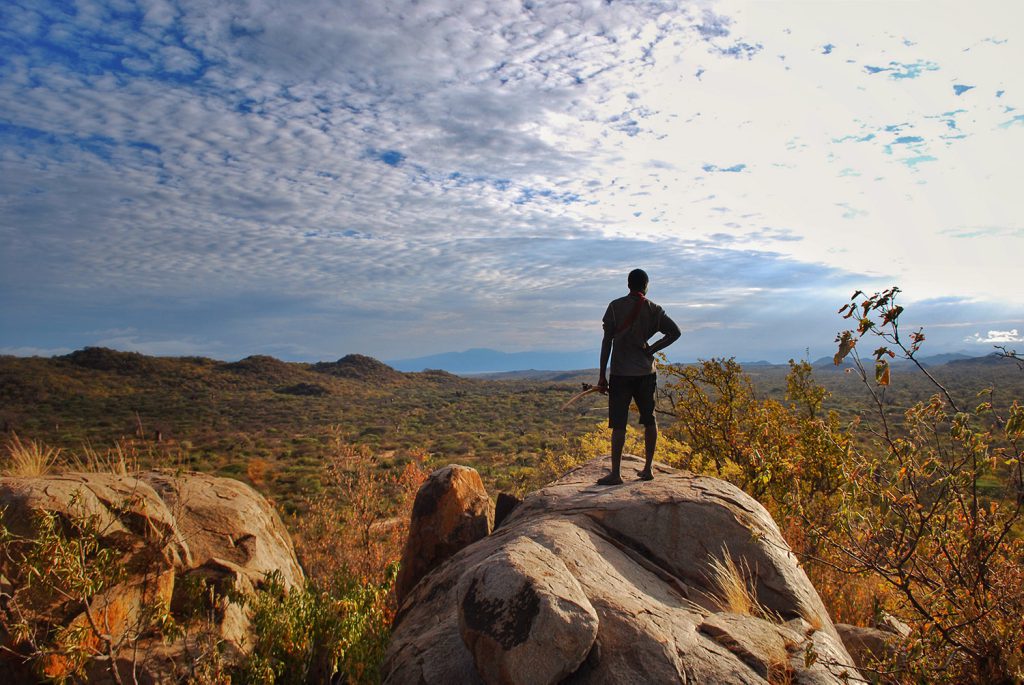Why Don’t Westerners Eat Off One Plate?
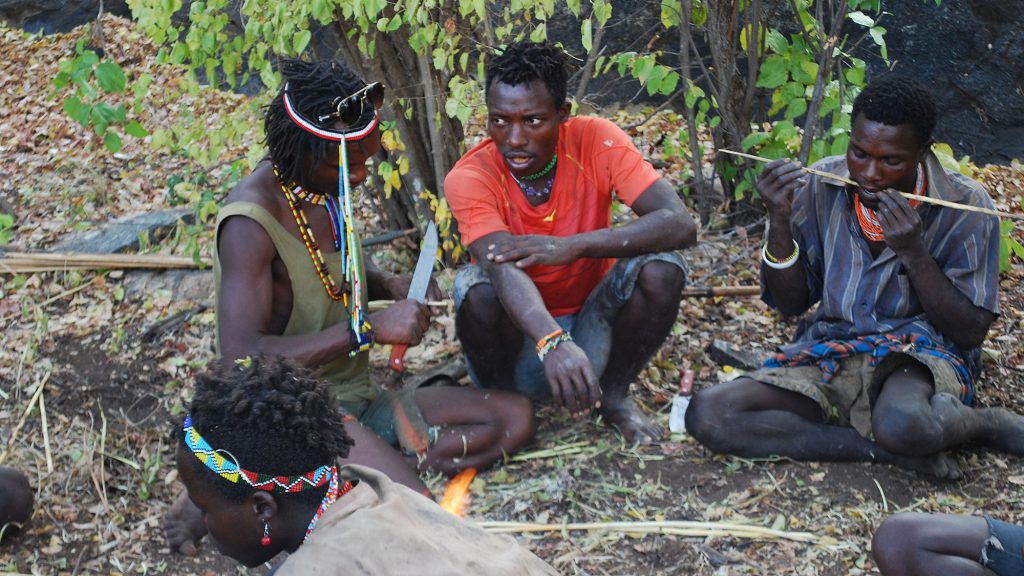
“Why don’t your students love each other?” asked Kaunda, a Hadza hunter, as we sat around the campfire overlooking Lake Eyasi in Tanzania.
I was overseeing a group of 12 University of Colorado, Boulder, undergraduate students as part of a three-week seminar and field trip in anthropology on the topic of conservation, national parks, and Indigenous communities. When I heard Kaunda’s question, at first I worried that there had been some incident of bad behavior among the students; perhaps tempers had flared after tent camping in dusty conditions, with no showers for days on end. But then I realized: There had been no incident. He was referring to a different way of living. The Hadzabe ate, slept, and spent their days interacting face-to-face with one another; we did not. After field activities like harvesting tubers or honey, my students retreated to their two-person tents for a modicum of privacy.
This was my 11th field visit to East Africa and my fifth year camping with the Yaeda Valley Hadzabe, one of the last true hunter-gatherer societies left in the world. Most of my research has focused on livelihood diversification, the introduction of agriculture, and sustainable tourism among the Maasai people, who are pastoralists. Yet it took this long for me to have my “aha moment”—when I realized how strange Western society is. Even though, as an anthropologist, I should have been well past such simple observations, this was a moment of revelation for me. It caught me by surprise.
The Hadzabe population hovers at about 1,000 members. Many have moved to towns, leaving approximately 300 to 400 Hadzabe living in small mobile groups of about 30 to 40 people that inhabit the Yaeda Valley and areas surrounding Lake Eyasi in north-central Tanzania. One of the most prominent ideals of their egalitarian society is a strong sense of community. Out of kindness, and as a survival strategy to get through tough times, the sharing of food—tubers, berries, baobab fruits, and especially meat—is entirely commonplace. This creates a drive and desire for the community as a whole to succeed, and knits their groups into incredibly tight social structures. Sharing is so ingrained in their society that it is not unusual for them to “force” people to share, just as your friend might take some fries off your plate without asking.
The Hadzabe constantly accompany each another around camp during their daily activities. A deep sense of equality shapes how they interact. For example, when a hunter brings a freshly killed animal back to camp, he immediately grills the meat over an open fire and shares it with whoever is at camp, despite the fact that he is likely hungry from a demanding hunt. Hadzabe women offer roasted tubers (ekwa) to others after a morning of rigorous digging with blade-tipped sticks.
Our Hadzabe hosts spent time together crafting arrows, resting, and telling stories around the nightly campfires or on Gideru, a fantastic rock mound (kopje) that offers a stunning view, particularly of the sunset over Lake Eyasi. In the face of losses of their traditional land to neighboring conservation areas and other pressures of modern life, the Hadzabe are coming together even more to preserve their culture, which has been around for thousands of years.
In contrast to their cooperative way of life, Western behavior seems bizarre to them. “Mwalimu (teacher), why do your students stay alone in their tents during the day instead of staying together?” Kaunda asked me. “Why don’t they share one plate when they eat?”
The students and I began to see our own highly individualistic culture though a Hadzabe lens. Retreating to tents to nap or write in journals might seem normal to many in the West, but to our Hadzabe hosts, it seemed antisocial at best—and downright offensive at worst. In their eyes, eating from individual plates using forks, knives, and spoons was exotic behavior. Our mess tent had eight different meal choices, with options for those who are gluten-free or vegetarian. In a sense, we shared our food by gathering servings from the buffet. But the Hadzabe ate roasted meat, beans, and corn meal porridge (ugali) from a single, 2-foot-wide aluminum pot (sufuria).
The Dorobo Safaris company had hired Kaunda as a community guide to teach us about his Hadzabe culture. But in the end, Kaunda taught me much about myself and my own lifeways.
My experiences with the Hadzabe and other East African communities have left me betwixt and between cultures. In particular, from them I have learned the value of sharing not just food but stories and experiences. I have come to appreciate the principle of ubuntu, the idea that no matter a person’s station, everyone you meet is of interest and value.
Much about the Hadzabe way of life carries a strong appeal for me and for many of my students. But our attraction to their apparently “simple life” would likely fade after spending more than a few months with them, without access to the educational and entertainment opportunities common in the West. But some of it—in particular their communal way of life—has a more enduring quality.
Through my trips to Tanzania, I have come to perceive my own culture differently. Many Westerners are pretty strange. Being together is more normal, for human beings, than being separate and private.
Back in Boulder, I carry lessons from the Hadzabe with me when I take time to greet the barista at the local café to enjoy human connection instead of blurting out an order. When hiking the nearby trails, I now always offer my food and water not only to my hiking companions but also to others I meet. Through sharing food and conversation, I feel more a part of the human community.

